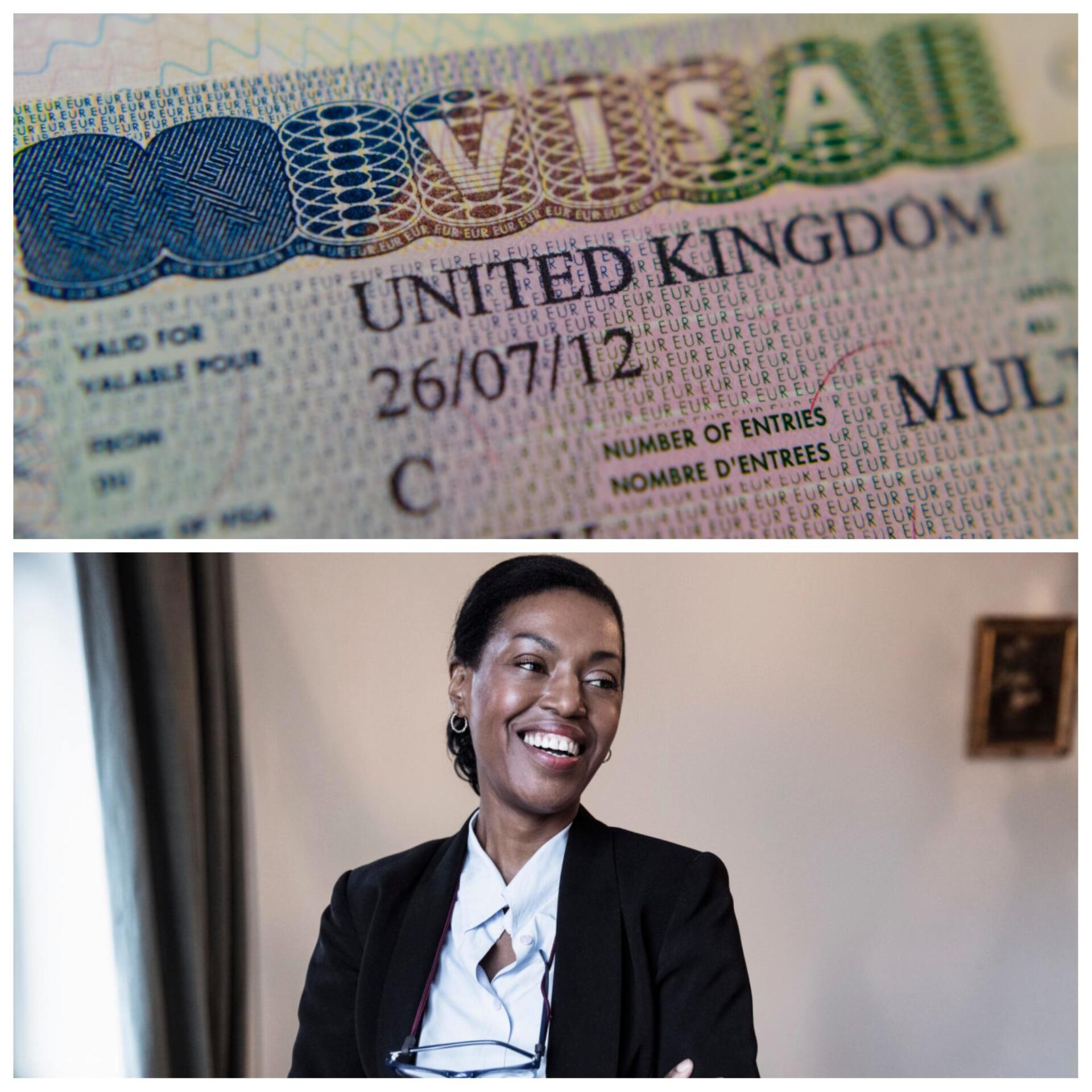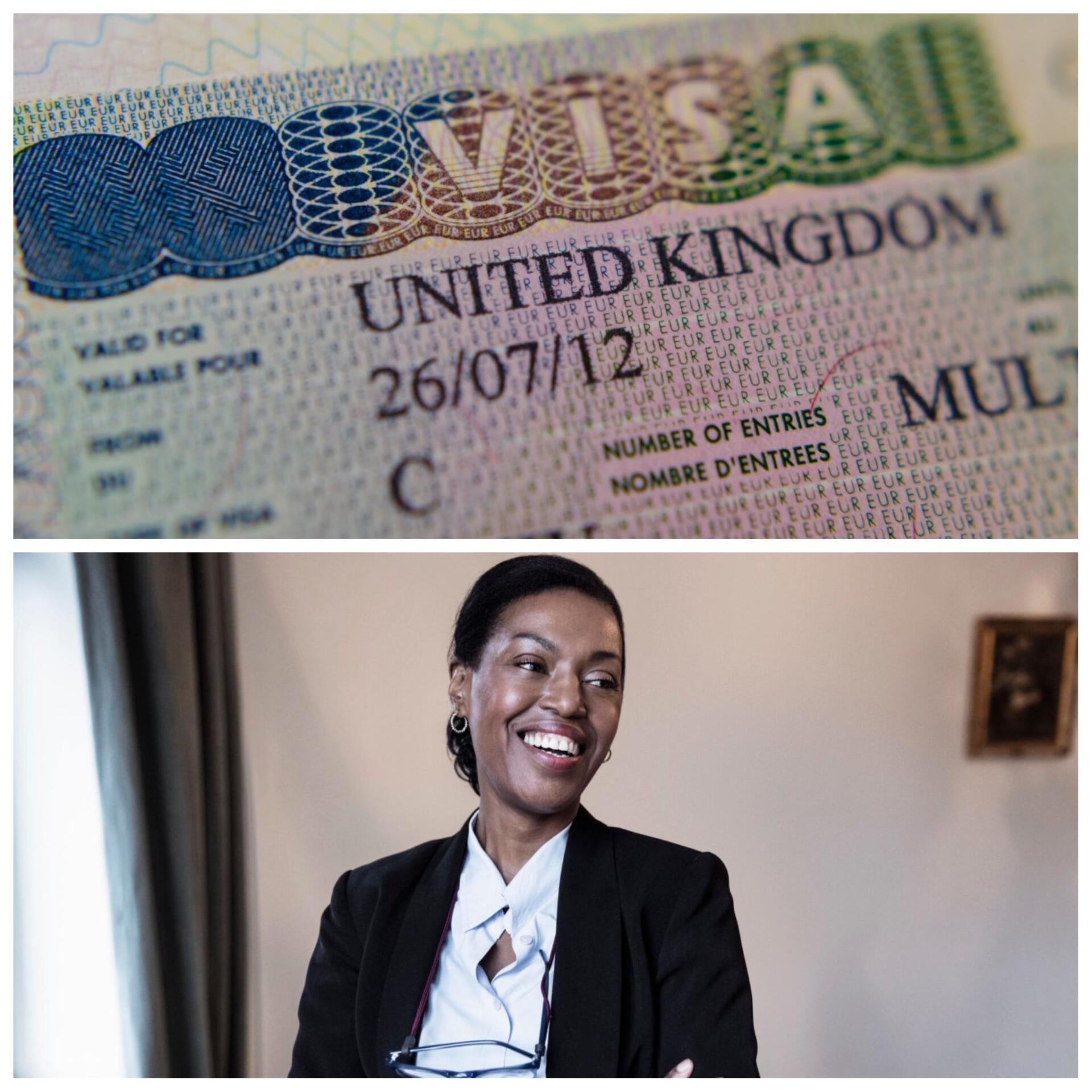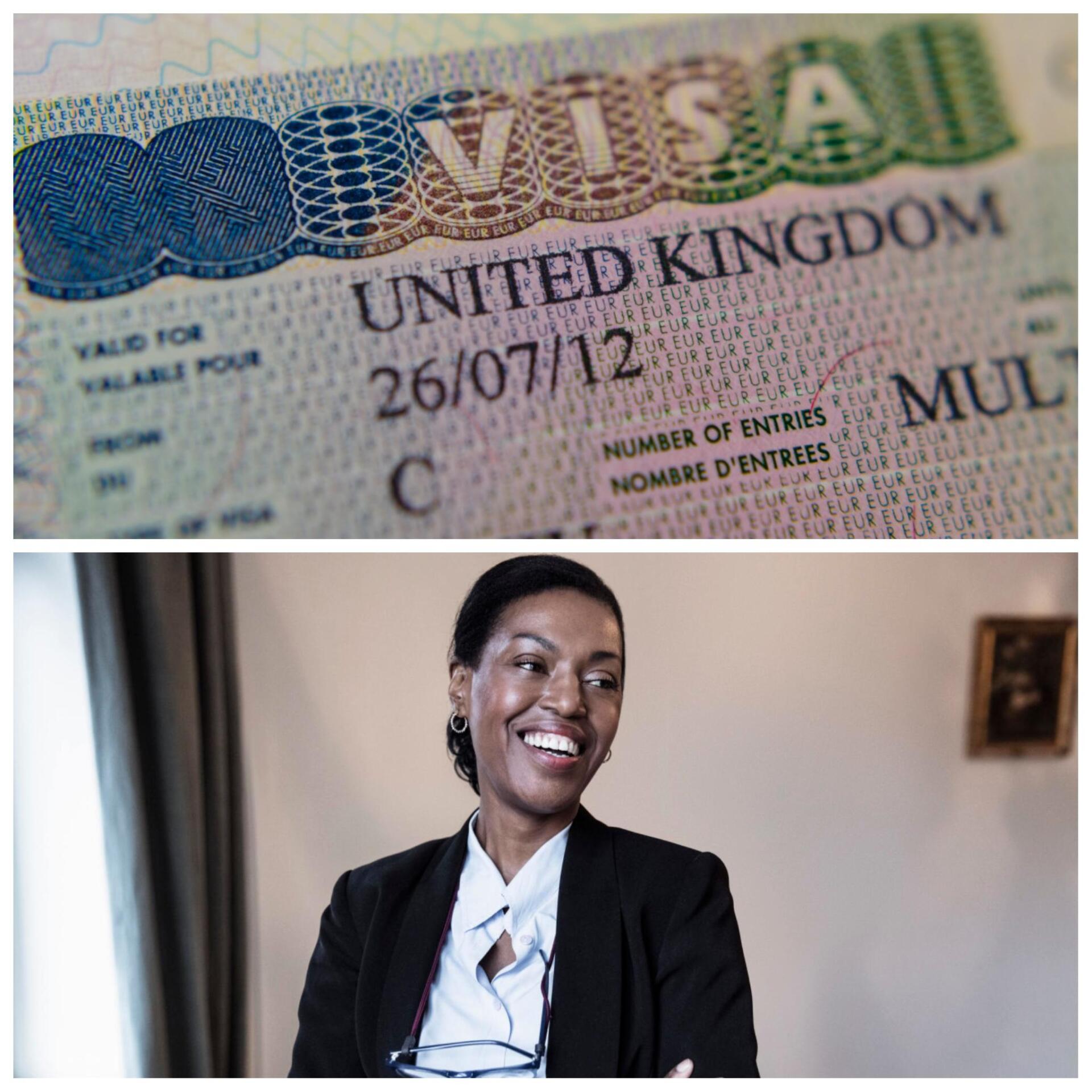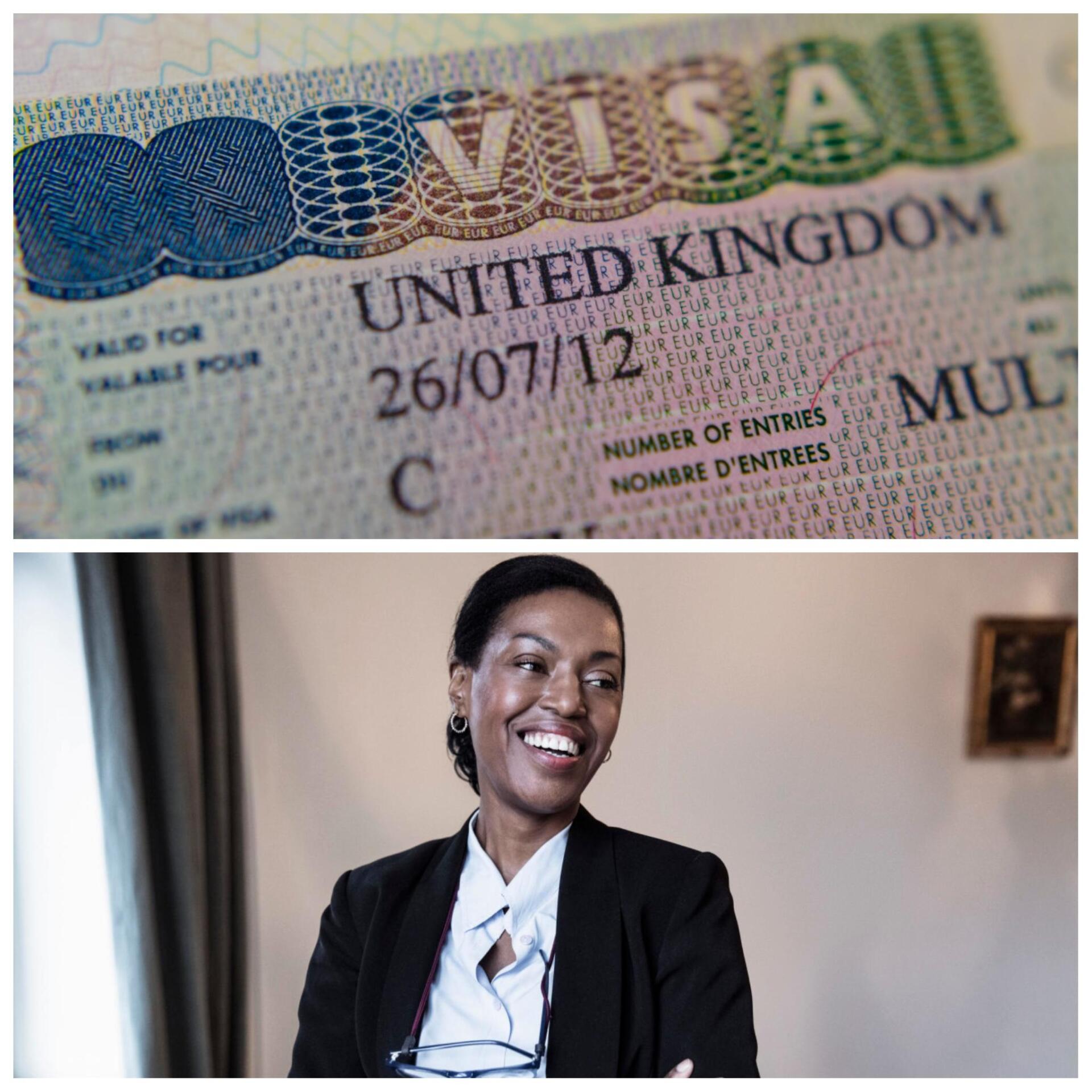The Impact of Fundamental Rights on the Home Office Immigration decision making guideline in relation to children (Ruiz Zambrano Cases).

The concept of the 'Best interest of a child' is a guiding principle in matters which relates to children. This concept is derived from the United Nations Convention on the Rights of the child 1989 ('UNCRC'), article 3 (1), it states that:
" ‘In all actions concerning children, whether undertaken by public or private social welfare institutions, courts of law, administrative authorities or legislative bodies, the best interests of the child shall be a primary consideration."
In family court hearings, and all other matters relating to children in the UK, the concept of the best interest of the child is considered. Although the Convention does not appear to offer a precise definition of the best interests, neither does it explicitly list the factors which are relevant to the best interest of children. It is however argued that the best interest of children can change depending on the situation, indeed the UNCRC does describe the 'best interests' broadly as meaning the 'general well-being' of the child, which includes, the views of the child, the need for the child to have a safe environment, identity needs, family, close relationships and development.
In the UK, the rights and duties of children outlined in the Convention has been set out in domestic law so that it can be legally binding in the UK courts. Therefore, in the UK, a child cannot challenge a decision in court by solely relying on or referring to the UNCRC. The application of the UNCRC in the UK policy, practice and law is indirect through domestic case law, treaty obligations, domestic policies which are expressly included in the case law of the European Court of Human Rights and Convention duties referring to the rights of children. Certain laws in the UK, mainly the Children Act 1989 makes explicit reference to the best interest of children, and are therefore considered by tribunals, decision makers and courts in making decision where children are involved. Furthermore, the Borders, Citizenship and Immigration Act 2009, section 55 contains a mandatory duty on the Home Office and others who make immigration decisions to promote and safeguard the welfare of children in the UK while they carry out their duties. The scope of this responsibility is broad, but it means that any immigration decision in the UK relating to children should be carried out with consideration of this duty.
Home Office Duties under section 55
Currently the Home Office has issued statutory guidance which accompanies the duty under section 55. This guidance provides what the Home Office considers in relation to promoting and safeguarding the best interest of children, for instance, through training, inter-agency cooperation, information sharing and responsibility. Although the guidance clearly state that section 55 duty does not cover children outside the UK, however, entry clearance staff must respect the spirit of the duty and make enquiries where a child may have welfare needs that require attention and be in need of protection, hence the Home office states that it is important to provide training on promoting the welfare of children and safeguarding them, to overseas staff who deal with entry clearances and visas (Accessed at https://assets.publishing.service.gov.uk/government/uploads/system/uploads/attachment_data/file/4313... ) .
Usually the Home Office would include a section in most of its guidance and instructions which outlines the requirement for their staff to adhere to section 55. In its guidance, the Home Office considers the best interests duty to be similar to the requirement to safeguard and promote the welfare of children, for instance, the detailed Home Office guidance provided in the private life guidance and asylum policy instruction on discretionary leave and the family and private life guidance. Below is an extract and an outline of section 55 Borders, Citizenship and Immigration Act 2009:
55Duty regarding the welfare of children
(1)The Secretary of State must make arrangements for ensuring that—
(a)the functions mentioned in subsection (2) are discharged having regard to the need to safeguard and promote the welfare of children who are in the United Kingdom, and
(b)any services provided by another person pursuant to arrangements which are made by the Secretary of State and relate to the discharge of a function mentioned in subsection (2) are provided having regard to that need.
(2)The functions referred to in subsection (1) are—
(a)any function of the Secretary of State in relation to immigration, asylum or nationality;
(b)any function conferred by or by virtue of the Immigration Acts on an immigration officer;
(c)any general customs function of the Secretary of State;
(d)any customs function conferred on a designated customs official.
(3)A person exercising any of those functions must, in exercising the function, have regard to any guidance given to the person by the Secretary of State for the purpose of subsection (1).
(4)The Director of Border Revenue must make arrangements for ensuring that—
(a)the Director's functions are discharged having regard to the need to safeguard and promote the welfare of children who are in the United Kingdom, and
(b)any services provided by another person pursuant to arrangements made by the Director in the discharge of such a function are provided having regard to that need.
(5)A person exercising a function of the Director of Border Revenue must, in exercising the function, have regard to any guidance given to the person by the Secretary of State for the purpose of subsection (4).
(6)In this section—
“children” means persons who are under the age of 18;
“customs function”, “designated customs official” and “general customs function” have the meanings given by Part 1.
(7)A reference in an enactment (other than this Act) to the Immigration Acts includes a reference to this section.
(8)Section 21 of the UK Borders Act 2007 (c. 30) (children) ceases to have effect.
(Accessed at https://www.legislation.gov.uk/ukpga/2009/11/section/55 December 30th 2018).
Professionals (social workers, key worker, other professional) working with migrant children, are usually under a duty to apply the best interests under the CA 1989. Where the Home Office fails to consider the best interest of children, their action might be unlawful and could be subject to a legal challenge, professionals working with children have to bear this in mind. Therefore the decision maker for the home office will need to assess the best interests of the child at all stages before making a decision in accordance with the duty under section 55 (Accessed https://assets.publishing.service.gov.uk/government/uploads/system/uploads/attachment_data/file/4313.... Professionals working with children should view the Home Office policy in processing an Asylum Application from a child as it contains a pro forma, for the LA to complete and send to them. Although the Home Office are still required to gather information from other agencies (Accessed https://assets.publishing.service.gov.uk/government/uploads/system/uploads/attachment_data/file/4313... ) .
Every child matters provides statutory guidance on how UK Visas and Immigration are making arrangements to safeguard and promote the welfare of children. It was issued by the Department for Children, Families and Schools under section 55 (3) and 55 (5) of the Act to accompany this duty. It states that the UK Visas and Immigration should make arrangements to safeguard and promote the welfare of children in discharging its immigration, nationality and general customs functions (Accessed at https://assets.publishing.service.gov.uk/government/uploads/system/uploads/attachment_data/file/2578... December 2018).
Section 55 of the Borders, Citizenship and Immigration Act 2009 came into force on 2 November 2009. Section 55 was aimed at achieving similar result as section 11 of the Children Act 2004 (the 2004 Act) which places an equivalent duty on other public organisations (Children Act 2004 www.dcsf.gov.uk/everychildmatters/_download/?id=137 ) . Section 55 was created to provide an incentive towards improvement within the UK Border Agency, and to improve inter-agency working in respect of children. It applies to carrying out relevant functions in other departments in the UK. Guidance was issued under section 55 (3) and 55 (5) which requires any person exercising immigration, asylum, nationality and customs functions to comply with the guidance given to them for that purpose by the Secretary of State. This means they must take the guidance into account and, if they choose to depart from it, have clear reasons for doing so (Accessed at https://assets.publishing.service.gov.uk/government/uploads/system/uploads/attachment_data/file/2578... December 2018).
Best Interest of Children Test in Immigration- Ruiz Zambrano Cases
This brings into mind an introduction to the every child matters bill from the Climbié inquiry: The public inquiry into the death of Victoria Climbié was regarded as the most extensive investigation into the child protection system in British history, but according to David Batty, doubt has been cast on its long-term impact (Batty, August, 2005- accessed at https://www.theguardian.com/society/2005/aug/05/climbie). Victoria Climbié, was a West African child, tortured and starved to death by her great aunt. Lord Laming produced a report following his inquiry. A green paper, Every Child Matters, taking forward the government's plans, was published in September 2003. This was followed by the Children Act 2004, which allowed the establishment of children's trusts and the creation of a national child database. The Children Act talks about the best interest of children, so also does the section 55. The best interest of children links family law and immigration law. Section 1, 1989 Children Act outlines criteria to consider in determining the best interest of children, which includes the age of the child, gender, education, culture, religion and others outlined within the welfare principal.
Several Immigration cases considers the best interest of children, from the case of ZH (Tanzania) v Secretary of State for the Home Department [2011] UKSC 4 (1 February 2011) which highlights two misconceptions on human rights of children. One of which is that there is a fundamental hierarchy of human rights which allows certain interests to prevail over others in all situations; the other is that this hierarchy is determined by considerations that are morally and politically neutral. A prime example of this kind of principle is the idea of the “overriding rights of the child”, a consideration with a perfectly orthodox role in family law, but one whose application to human rights as a whole is questionable (Accessed at https://swarb.co.uk/zh-tanzania-v-secretary-of-state-for-the-home-department-sc-1-feb-2011/).
The child’s ‘best interests’ may indeed be, in Lord Kerr’s words, “a universal theme of various international and domestic instruments” but theme is all it is; it essentially lacks content. Invoking it in care proceedings or a specific custody dispute is not problematic because the fact-specific circumstances of those cases points the adjudicator in a particular direction. But in the context of the instant case the concept of “best interests” is essentially directionless. As earlier mentioned, 'best interest' is never defined, and the United Nations Committee on the Rights of a child refuses to offer a precise definition, or an explicit outline of the common factors of the best interests of the child ( United Nations Convention on the Rights of the Child 1989 ) . Some would argue that this is because the concept, undefined as it is, has no inbuilt constraints and that makes it politically and rhetorically more useful than the rights enumerated in the Convention, circumscribed as they are. Or that if the vocabulary contains an agenda that is generally honoured, it could undermine the essence erected by the law against the prejudice and preferences of the individual. Following a successful ZH case, a derivative right of residence is awarded to the applicant (Accessed at https://assets.publishing.service.gov.uk/government/uploads/system/uploads/attachment_data/file/2578... )
ZH case demonstrates how this happens, the tribunal decision applied the normal rules about Article 8 family life and compared it to Article 8 (2) economic interests of the country (migration control) (IA/01284/2008). The tribunal found that on balance, removing the mother of the children would be in accordance with the law with the aim of protecting the freedoms and rights of others. At the Court of Appeal it was argued that the British citizenship of the children was a 'trump card' preventing the removal of their mother (ZH (Tanzania) v Secretary of State for The Home Department) . This argument was rejected and viewed as inconsistent with the authorities, and mainly with the principle that there is no “hard-edged or bright-line rule”, in EB (Kosovo) v Secretary of State for the Home Department [2008] UKHL 41, [2009] 1 AC 1159. The Court of Appeal upheld the decision below. The Supreme Court however, concluded that the CA fell into error in endorsing the Tribunal's approach of placing the determination of the faith of children in line with the fact that they were conceived with the knowledge that their mother's immigration status was precarious (ZH (Tanzania) v Secretary of State for The Home Department ). Although in Uner v The Netherlands (2007) 45 EHRR 14 the Strasbourg court laid out a number of factors which should be taken into account in the determination of proportionality or otherwise in the determination of the removal of alien. One of these factors being ' (vi) the applicant’s family situation, such as the length of the marriage, and other factors expressing the effectiveness of a couple’s family life' Uner v The Netherlands (2007).
It was acknowledged that the appellant in this case had had her two children knowing that her immigration status was precarious. The Tribunal had even commented that having her second child was “demonstrably irresponsible” (para 5.8). Otherwise, her claim to family life were not particularly persuasive, since she had been separated from the father of the children for a number of years (ZH (Tanzania) v Secretary of State for The Home Department) .
It is difficult to see why the deliberate choice of someone subject to immigration control to have children can be allowed to create a right to family life associated with remaining in this country when all other factors necessary for an Article 8 claim are lacking. Indeed Lady Hale even says that the equivalent of factor (vi) for a spouse is whether family life was established knowing of the precariousness of the immigration situation (ZH (Tanzania) v Secretary of State for The Home Department). Nevertheless the Supreme Court was unanimous in its view that this could not be a determining factor when the welfare of children was at stake. The issue has remained the need to maintain an efficient immigration control and the principle that, where children are involved, the best interests of the children must be accorded primary consideration (ZH (Tanzania) v Secretary of State for The Home Department) . The application of the best interest of children, in immigration matters, is applied during adjudication and home office decision, such adjudication would be utilized in this analysis. Strasbourg and UK court has also stated that, Article 8 (right to family and private life) does not mean that there is a general obligation for a state to respect the immigrants choice of the country they choose to reside. Indeed, when family rights are invoked, the courts have stated that the obligations for a state (UK) to authorise the reunion of families in its territory will have a significant dependence on individual circumstances of the case. Therefore, as earlier stated, there is no hard and fast rule on the best interest of child.
Rodrigues Da Silva, Hoogkamer v Netherlands (2007) 44 EHRR 34) and the cases above appears to show that if the outcome of these judgements are followed logically, there will never be a case where removal of an alien will be allowed if children were involved as the interests of the children will always supersede the other factors which the removing authorities consider. In other words, it might be considered difficult or even impossible to contemplate that a judge at a tribunal who will rule that it is in the best interests of a child to be removed from a Convention signatory country or that the economic interests of the Convention signatory country should trump the best interests of the child. The Court of Appeal refused to go as far as the United Nations Committee on the Rights of A Child through insisting that the bests interests of a child could only be overridden by "rights based" consideration, and general migration control could never be one of these considerations ( Rodrigues Da Silva, Hoogkamer v Netherlands (2007) 44 EHRR 34) . Indeed Lady Hale pointed out that this was a difficult distinction when applied to Article 8 (2), each of which legitimate aims may involve the interest of individual and the interests of the community. Adding that it was difficult to see why protection for the well-being of the country is not to be viewed as protecting the rights of other individuals (children inclusive) (ZH (Tanzania) v Secretary of State for The Home Department) and ( Rodrigues Da Silva, Hoogkamer v Netherlands (2007) 44 EHRR 34) .
Therefore, having refused to confer moral status that are superior on children's best interest, Lady Hale however went further to acknowledge that, "in reality, the general economic well-being is not a strong consideration when it is compared with that of an individual who has an articulated aim which is specific, a personal history, an identifiable circumstances, and a name: In making the proportionality assessment under article 8, the best interest of the child must be a primary consideration) (ZH (Tanzania) v Secretary of State for The Home Department) .
In this case, "the countervailing considerations were the need to maintain firm and fair immigration control, coupled with the mother’s appalling immigration history and the precariousness of her position when family life was created. But, as the Tribunal rightly pointed out, the children were not to be blamed for that ) (ZH (Tanzania) v Secretary of State for The Home Department) . And the inevitable result of removing their primary carer would be that they had to leave with her". Hence, the determination that takes into account the usual principles of Article 8 jurisprudence could be considered to lead to an outcome on the children which “blames” them for their parents bad behaviour/poor immigration compliance) (ZH (Tanzania) v Secretary of State for The Home Department) . The objection to this line of reasoning is that it evacuates the balancing act of any content by first taking away the usual factors by which we measure whether one case is deserving and the other not and then substituting for these measures a mechanical test – the question: “is this in the child’s best interests”? It is argued that it cannot be the intention of the assembled jurisprudence on Article 8 and immigration law that the complexity of all the questions involved should be so reduced.
Written by Stephanie Heijdra who is an Immigration Lawyer at Winvolved Consultancy Ltd. Please contact us for your Family Visas, Child, Parents, spouse and partner visas and other types of immigration matters at www.winvolved.co.uk







